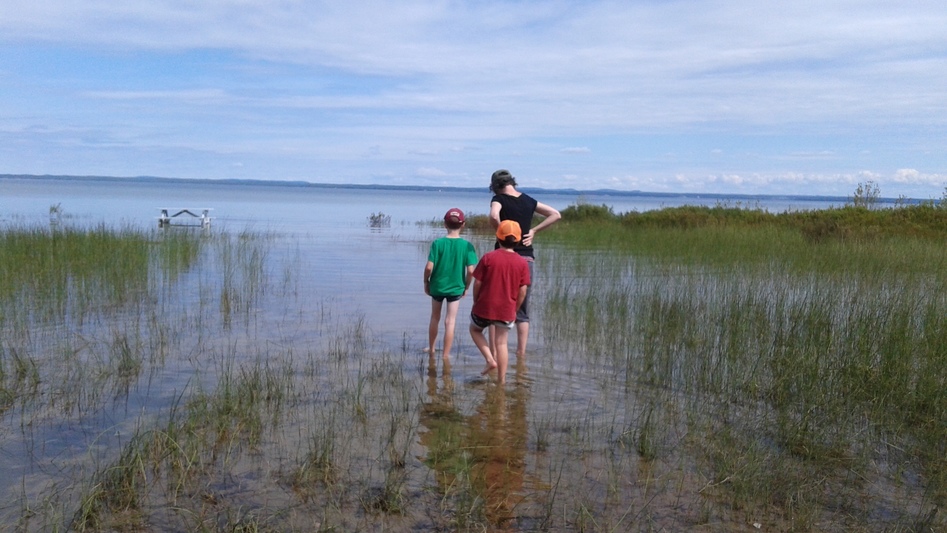This morning I heard a news? story on the radio about dog owners not picking up their dogs’ excrement. The reporter described the scene: “a shameless pooch pooping…”
The word shameless didn’t work for me in that sentence. It was a judgment. Why should a pooping dog feel shame, and why would we judge it for NOT feeling shame? How could we ascertain whether or not it felt shame? I grew quite indignant on behalf of pooping dogs everywhere.
Then I rolled shameless around in my head for a while. Shameless.
See, now, I (Very Sensibly) associate the word shameless with “self-promotion.” As in, “drawing attention to myself for a creative act is [can you see the invisible ‘just’ here?] shameless self-promotion.” It begs the question: is there any other kind of self-promotion? For me, there is not. All self-promotion induces shame. So I wait quietly, shamefully, I guess, for people to notice the things I’m doing.
It can take a long time. It’s a big world. Mine is a fucked up approach to things. This hiccup in my personality affects my goal to sell the stuff I write and hope to publish. THE SHAME TOUR.
However, I think I have a work-around.
When I returned to work full time in 2015, I was not doing it for keeps. My previous turns in the government, in different departments than I’m in now, had not compelled me to be a lifer. I would have quit except that my contract stated I had to return to work for a period of time equivalent to the time I had taken for paid parental leave, or pay my employer back with cash. After two kids and my nine months at the hell job of 2013/2014, I still owed either six months of work or $8,000. Having not worked for five years, I did not have $8,000 kicking around.
I told myself I would only work long enough to pay off my debt. Then, if there was time left over in my contract, I would save money for writing expenses. Courses, or a retreat, submission fees, a notebook lined with gold flakes. Whatever. Then I could quit, if I wanted.
I was hired on a nine month contract and assigned to a team that was responsible for administering knowledge tests to applicants for Canadian citizenship. Part of that job is doing a ten minute presentation to the people waiting to write the test. You use a microphone and Powerpoint and you stand in front of 60 – 100 people and talk to them while they stare at you. Some of them don’t really see you because tests make people nervous. Some of them glance frequently at their phones. But at least 75% of a room gives you their full attention when you are the government and you are speaking into a microphone.
I was not a natural public speaker. I am traditionally great in small groups, even better one-on-one, and quite nervous in front of crowds. The whole microphone/room full of strangers thing made me VERY nervous. My teammates were kind enough to let me watch for a couple of weeks and then it was my turn. As one of them pointed out, most people have NOT heard the pre-citizenship test speech before, so they have nothing to compare it to. This is their only experience with someone delivering this information. My hand shook when I took the mic and I probably flubbed a few lines, but who could tell, and behold: I was public-speaking. I did it again and again, four times a week for a year.
By 2016 I’d saved enough money to pay tuition for the Writers Studio at SFU. The program finished in the fall with a public reading at the Surrey International Writers Festival. I walked up to the podium, bent my head to the mic, nervous as a baby rat, and read my own work without a single quaver in my voice or cheek-flush. I credit my paid work with allowing me to practice my public speaking on a low-stakes stage.
I can use the tools available to to me to cure me of my aversions!
The point of this post is that when I’m done writing it, I’m going to link to it.
Be uncomfortable.
Do it again.
(I mean, not right away, and not this same post. That would be … silly.)
This is pretty low stakes, sort of like public speaking in front of nervous people who will not remember a word you say. Words come and go. It’s all practice.
